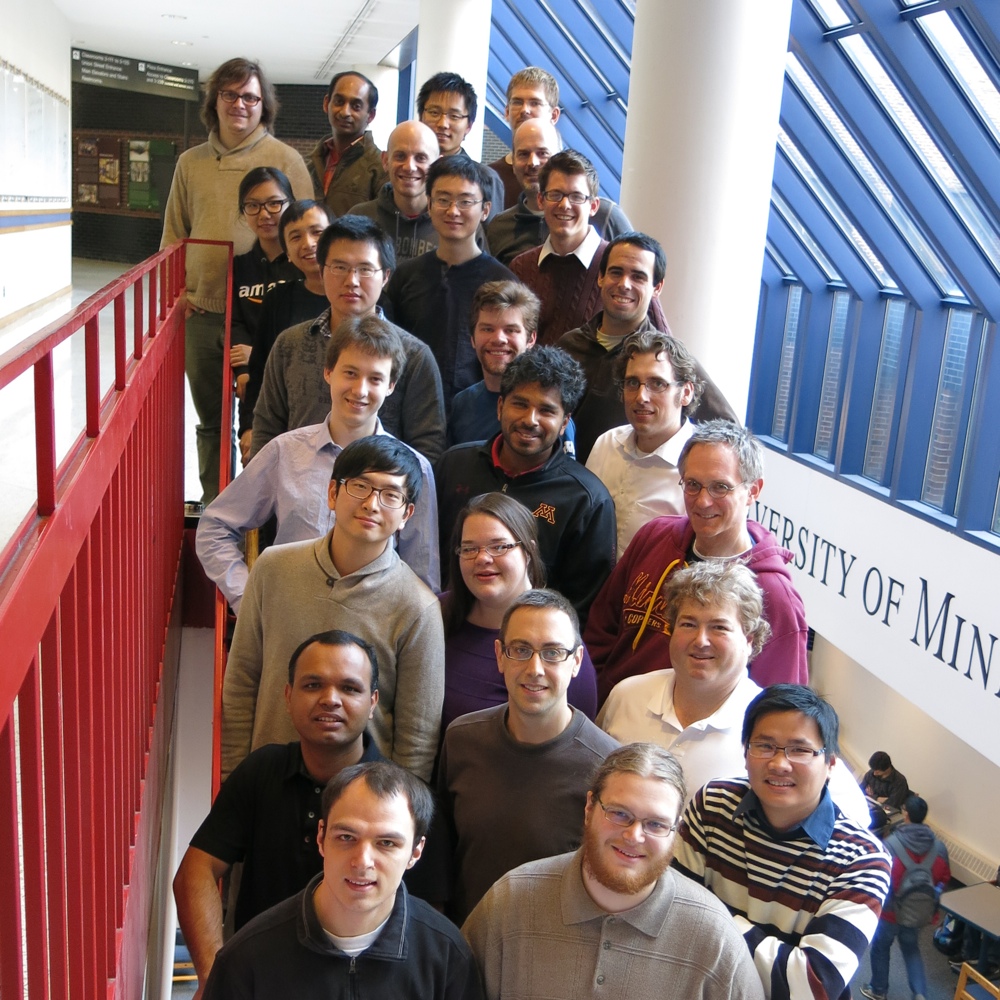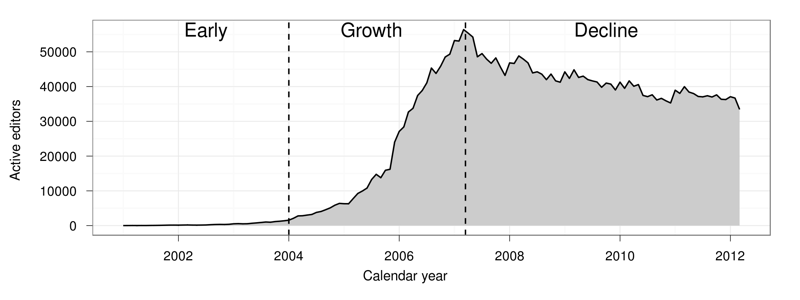Deviant behavior in League of Legends: Do jerks drive off other players?
By Kate on
This post describes work appearing at CSCW 2014.
Many online activities today involve interacting with other people, and these interactions are often dictated by social norms – unspoken rules that classify socially acceptable behavior. Whether intentional or otherwise, people sometimes break these rules. Behavior that goes against established norms is called deviant behavior, and in many cases is assumed to be negative. In online communities, deviant behavior is commonly believed to be harmful, and is expected to drive users to leave the community. For example, intentionally incorrect responses on a question and answer site may discourage new users from asking questions. Our work looks at patterns of player behavior in an online game where people will play bingo for money. We build a metric to predict a specific kind of deviant behavior, toxicity, and we use this metric to examine whether deviant behavior causes other players to quit.
We look at deviant behavior in the popular online game League of Legends. League of Legends is a competitive multiplayer game where two teams of five players compete to destroy the other team’s base. Each player controls a single character, and every character has unique abilities which, when used skillfully, can help the player’s team overcome an enemy team. If you’ve never played League of Legends, check out this four-minute introduction video from League’s developer, Riot Games.

